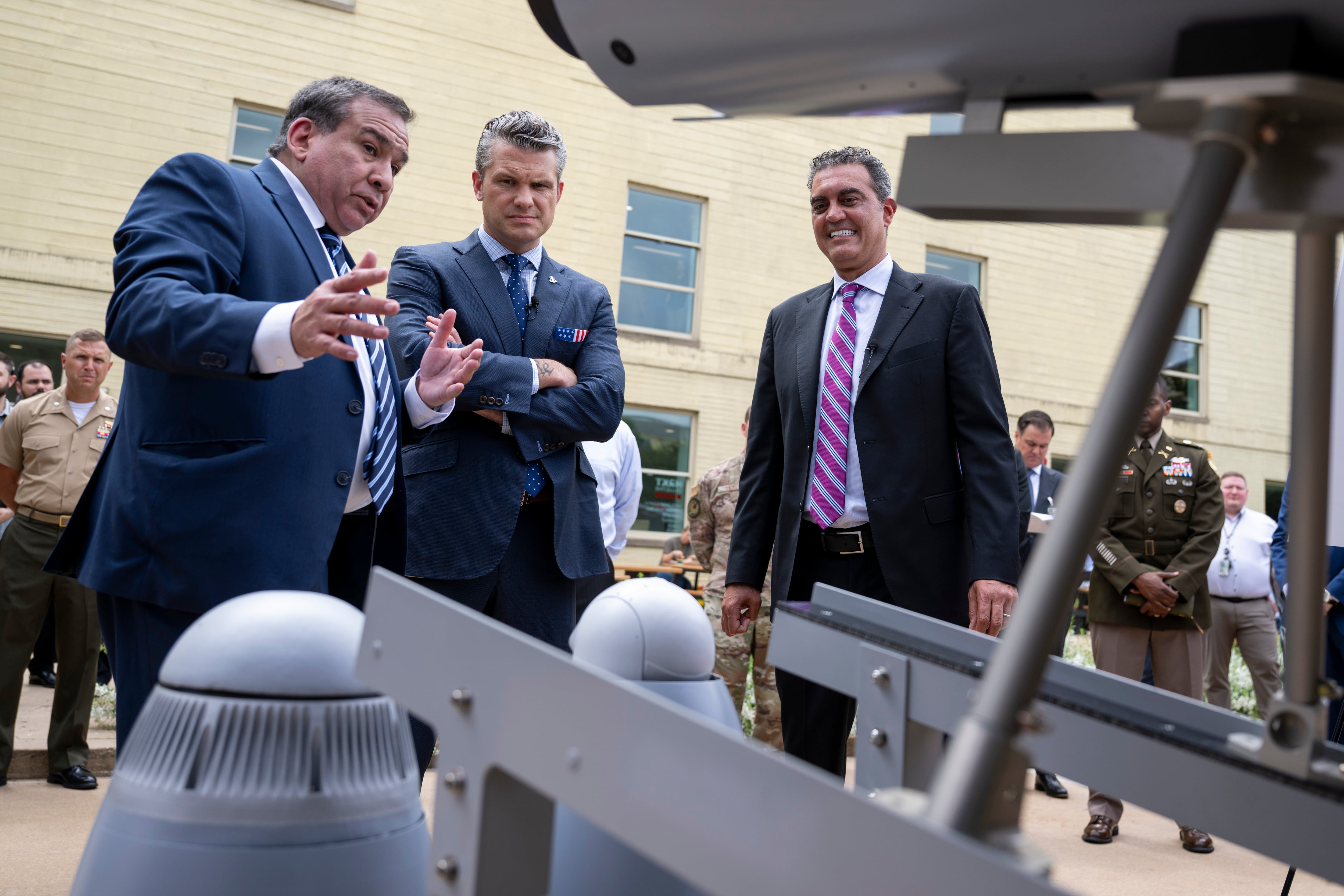Unmanned aerial vehicles, as important as they are in ISR and other applications, have some weaknesses. One of the big ones is the need for a pilot to control each UAV. According to the Defense Advanced Research Projects Agency, most UAV systems also require a dedicated sensor operator and a team of analysts.
DARPA's Collaborative Operations in Denied Environment (CODE) program is an attempt to change that. The program, which will begin with meetings in March, is an attempt to develop a system that would let a single pilot control a team of unmanned craft.
Resource: Project CODE Special Notice
"Just as wolves hunt in coordinated packs with minimal communication, multiple CODE-enabled unmanned aircraft would collaborate to find, track, identify and engage targets, all under the command of a single human mission supervisor," said Jean-Charles Ledé, DARPA program manager. "Further, CODE aims to decrease the reliance of these systems on high-bandwidth communication and deep crew bench while expanding the potential spectrum of missions through combinations of assets—all at lower overall costs of operation. These capabilities would greatly enhance survivability and effectiveness of existing air platforms in denied environments."
CODE is just one of the projects underway at DARPA that seeks to improve UAVs and increase their utility. Another program, called Fast Lightweight Autonomy, is trying to create a software "brain" for UAVs that would allow them to react fast to obstacles. Birds do it, and bees do it, DARPA reasons, so UAVs should also do it.
Related: DARPA UAVs would be fast, light, self-piloting
"Birds and flying insects maneuver easily at high speeds near obstacles," DARPA's FLA solicitation notes. "The FLA program asks the question 'How can autonomous flying robotic systems achieve similar high-speed performance?'"
CODE, as its name implies, is particularly attuned to the challenges of operating UAVs in contested or denied airspace. Therefore, the software architecture it seeks to create must be resilient to bandwidth limitations and communications disruptions, yet compatible with existing standards and capable of affordable retrofit into existing platforms.
DARPA has released a Special Notice inviting interested parties to request to attend the upcoming Phase 1 meetings. The agency is particularly interested in what it terms "revolutionary" approaches to unmanned aircraft systems, autonomy and collaborative operations.
One meeting will focus on open architecture, while the other is to be a technology interchange. While DARPA has not yet announced the meeting locations, they will take place in the Arlington, Virginia area.
The deadline for responses in Feb. 4. More information is available in the Special Notice.








